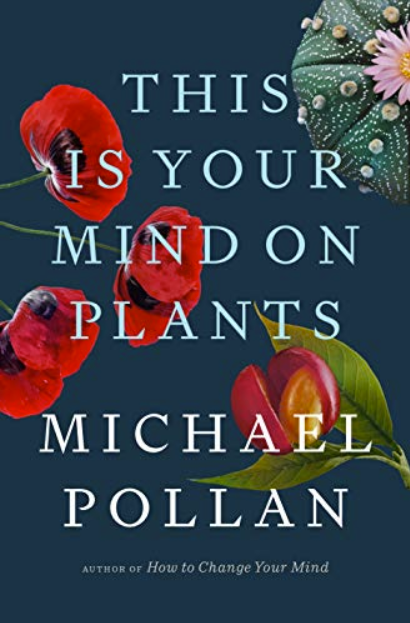Industry-funded study of the week: Matcha
Thanks to Matthew Kadey for sending this one. Matcha is a new one for me.
The study: Matcha green tea beverage moderates fatigue and supports resistance training-induced adaptation. Shigeta M, et al. Nutrition Journal volume 22, Article number: 32 (2023)
Methods: Healthy, untrained men were randomized into placebo and matcha groups. Participants consumed either a matcha beverage containing 1.5 g of matcha green tea powder or a placebo beverage twice a day and engaged in resistance training programs for 8 (trial 1) or 12 weeks (trial 2).
Results: In trial 1, maximum leg strength after training tended to increase more in the matcha group than that in the placebo group. In the matcha group, subjective fatigue after exercise at 1 week of training was lower than that in the placebo group. Gut microbe analysis showed that the abundance of five genera changed after matcha intake. The change in Ruminococcus, Butyricimonas, and Oscillospira compositions positively correlated with the change in maximum strength. In trial 2, the change in skeletal muscle mass in response to training was larger in the matcha group. In addition, the salivary cortisol level was lower in the matcha group than that in the placebo group.
Conclusion: Daily intake of matcha green tea beverages may help in muscle adaptation to training, with modulations in stress and fatigue responses and microbiota composition.
Funding: This work was supported by the Matcha and Health Research Group and the Japan Society for the Promotion of Science (JSPS) KAKENHI: Grant-in-Aid for Scientific Research,
Competing interests: Although the Matcha and Health Research Group was not involved in conducting experiments or data analysis, test samples were supplied from Nestlé Japan Ltd., a constituent organization of the Matcha and Health Research Group.
Comment: Matcha is powdered green tea, so whatever is in it is more concentrated than in regular teas. Besides that, is there anything special about matcha? The study did not compare matcha to other teas, so it’s hard to know. I’m curious about the funder. I can’t find anything about it online other than its sponsorship of many studies about matcha, all with positive results. I’m guessing that someone who profits from matcha sales is behind these studies, but can’t tell for sure. If you enjoy matcha, by all means drink it. Teas are healthy beverages But reserve judgement on the research linking it to health miracles. The studies I’ve seen pretty much all say: “more research needed.”




